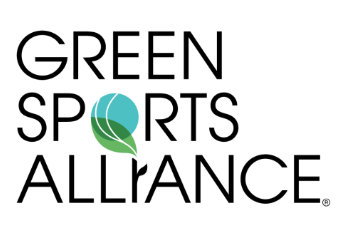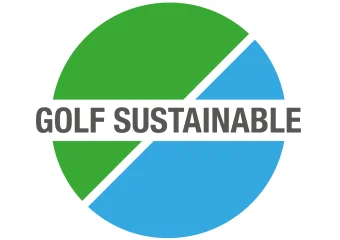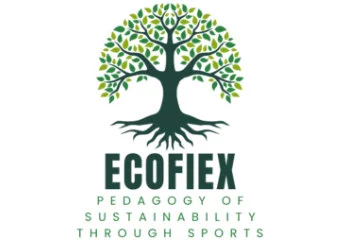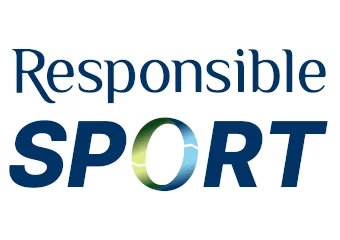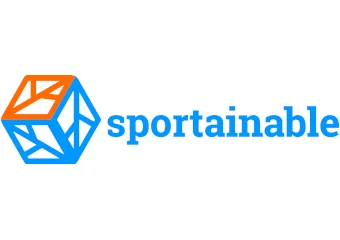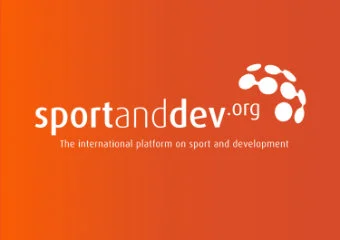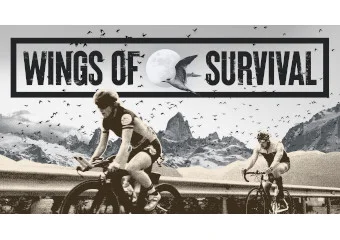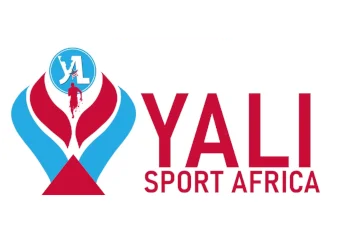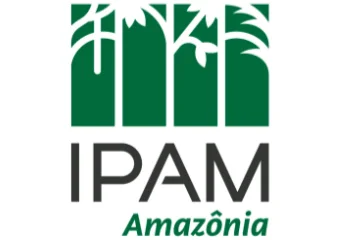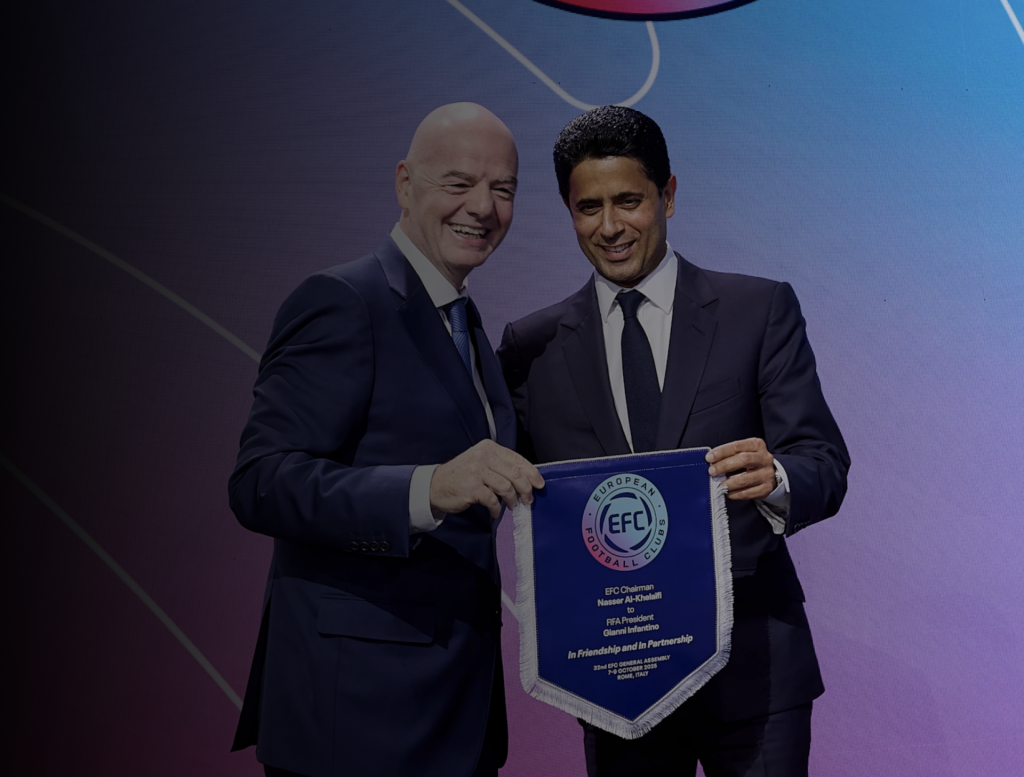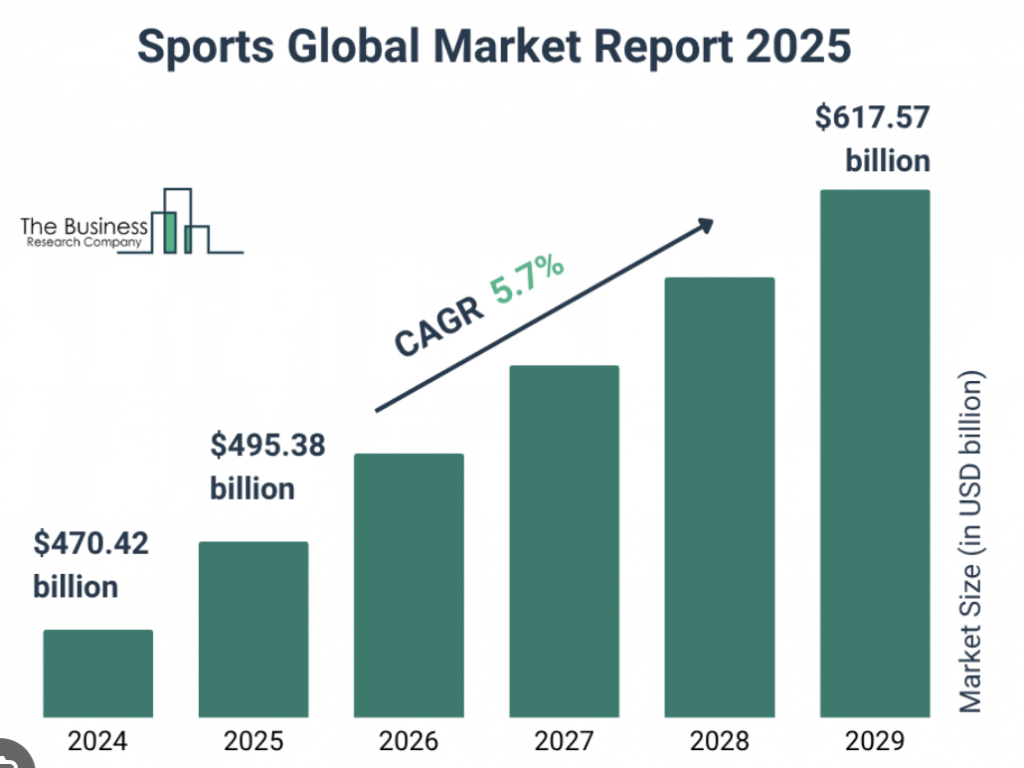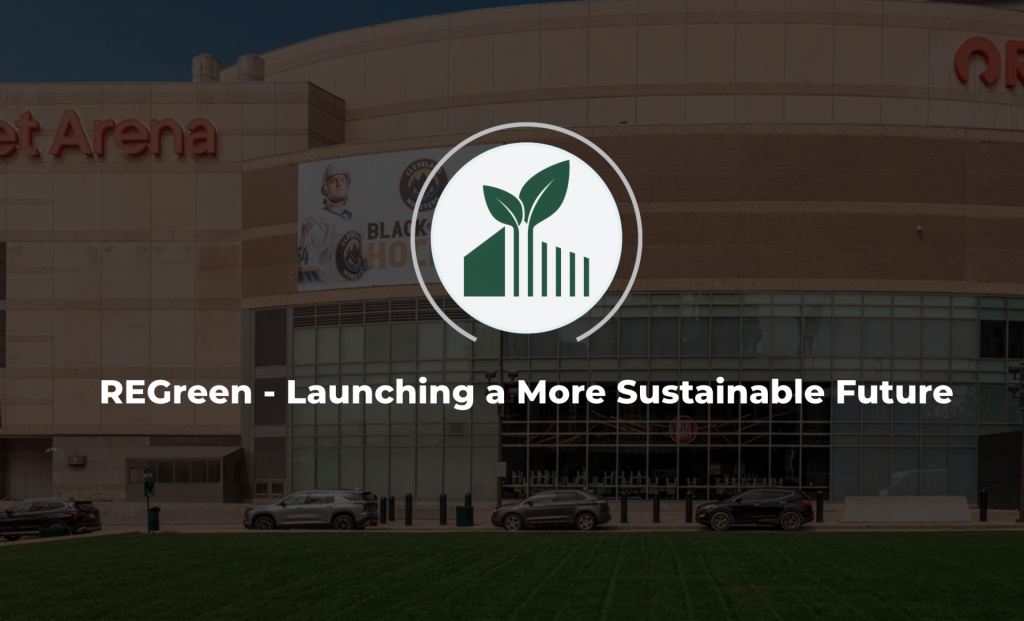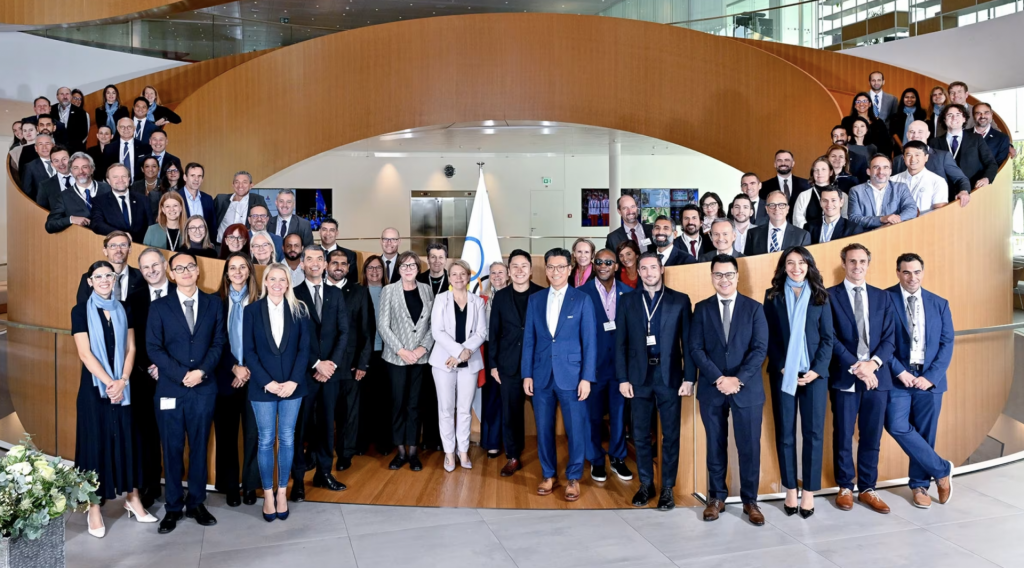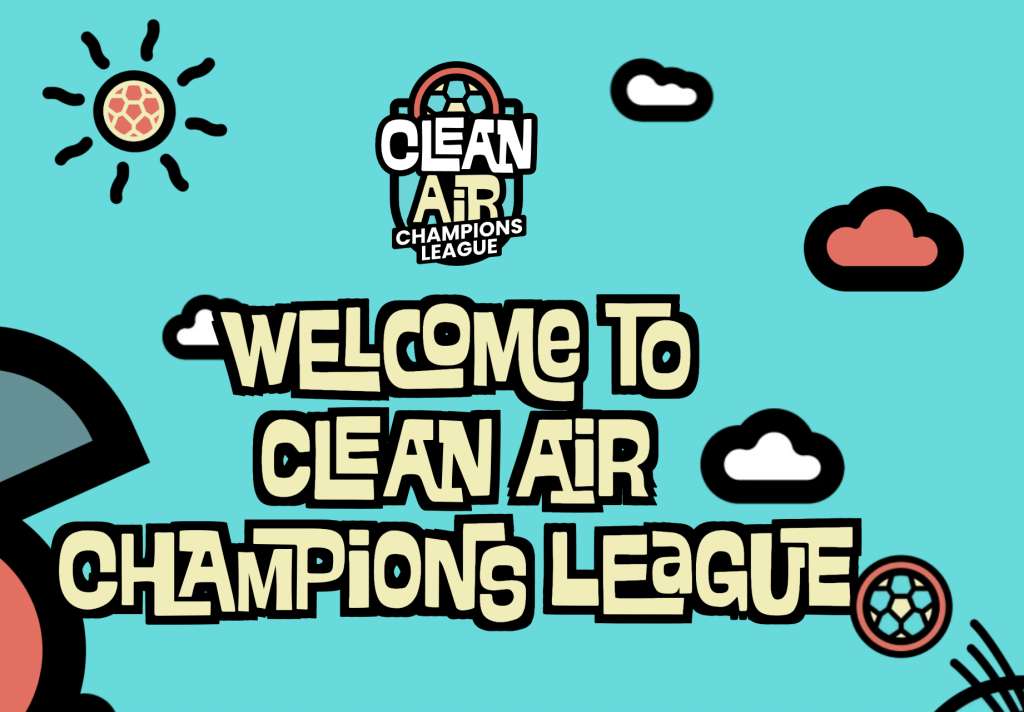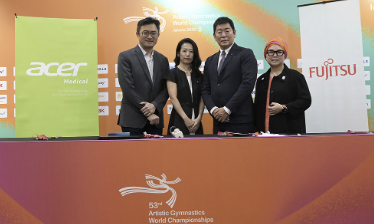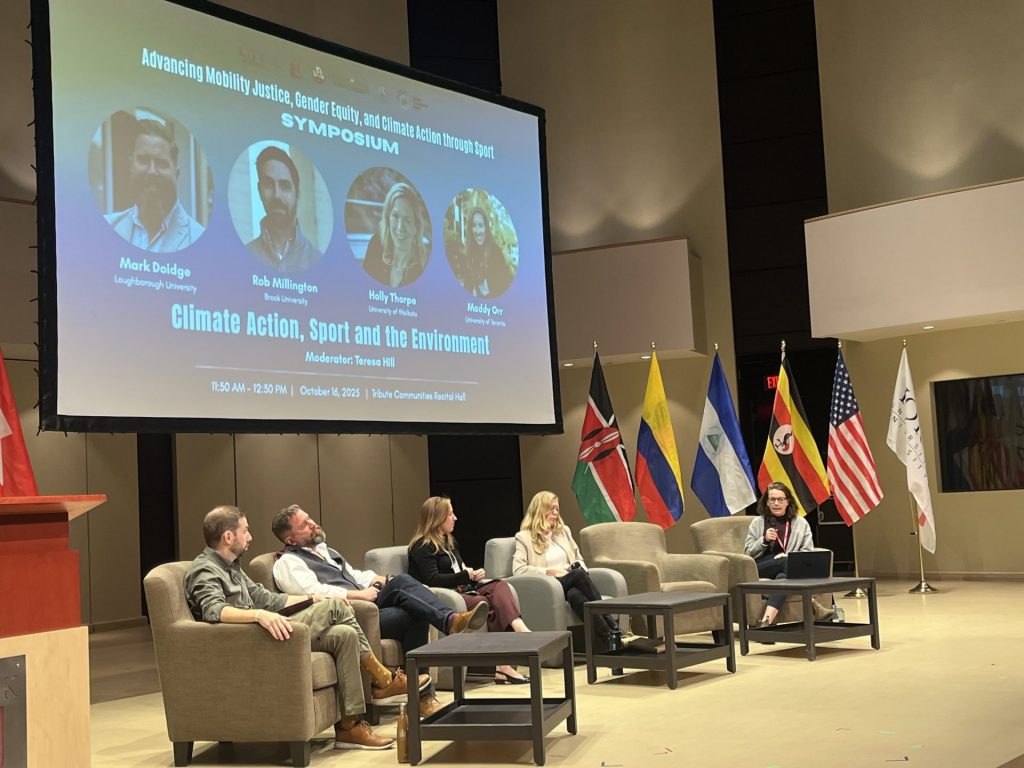To access our unique news archive of over 1,400 articles with insights on over 500+ sustainable sports organisations, join the GSS Network today.
Login here if you are a registered network subscriber.
News article
A New Benchmark: How the 2025 IIHF Worlds championed sustainability, particularly social.
When the 2025 IIHF Ice Hockey World Championship concluded in Stockholm and Herning this May, the legacy left behind was measured in more than just medals. The joint Swedish-Danish event was a practical, hands-on experiment in redefining what sustainability means for a major international sporting event. While environmental mitigation was a clear priority, it was a profound emphasis on social sustainability that truly set a new benchmark.
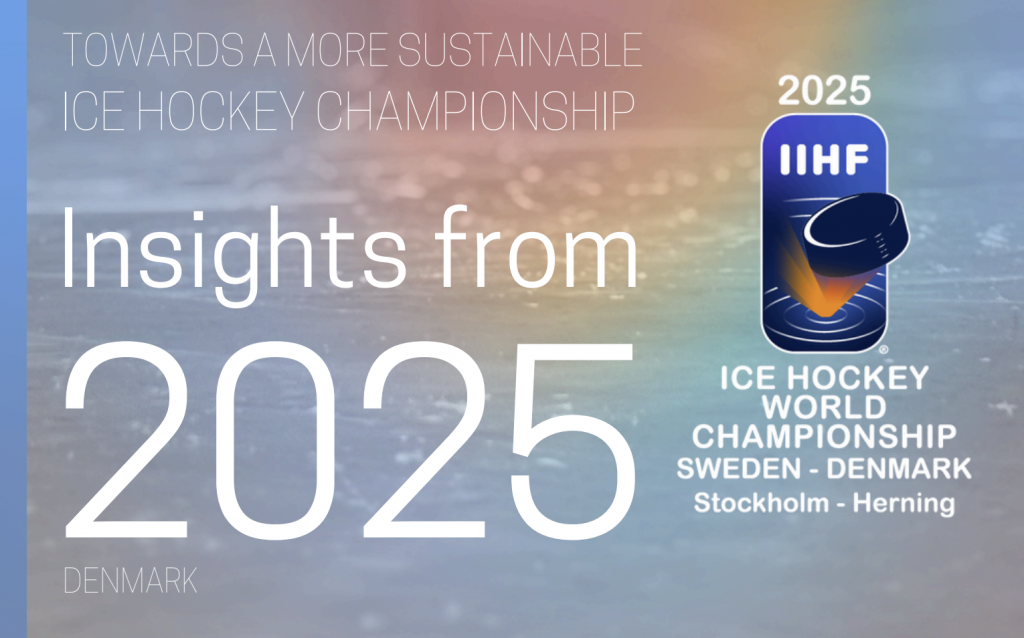
This was a deliberate strategy, explains Majken Skræddergaard Urup, the Head of Sustainability for the Danish host city, Herning, and author of the event’s insight report.
“We learned that social sustainability holds significant value in major sporting events,” Urup notes. “Large global events provide an exceptional platform to inform, educate, and inspire new habits.”
This philosophy was woven into the operational fabric of both host cities, who worked closely to share knowledge and align on practical solutions.
"We learned that social sustainability holds significant value in major sporting events. Large global events provide an exceptional platform to inform, educate, and inspire new habits."
A Shared Environmental Baseline
On the environmental front, the organisers focused on concrete, practical wins rather than abstract goals. Both venues committed to using renewable energy. In Herning, this involved a significant shift from traditional diesel generators for the TV broadcast backup to a battery-powered solution. This single move saved an estimated 15,764.32 kg of $CO_2$ compared to diesel generation.
Transport saw a similar green shift. Both hosts used electric vehicles for officials and implemented major initiatives to manage fan mobility. Herning established an official 3km “Fanwalk” and free shuttle buses. The Fanwalk alone was used by an estimated 10,000 guests, demonstrating a clear appetite for sustainable options.
Waste management also highlighted the cross-border collaboration. Both venues provided reusable water bottles to all staff and volunteers. In a clever circular initiative, both cities arranged for event banners and venue dressing to be repurposed after the championship. In Herning, materials were donated to an NGO to be sewn into bags, while Stockholm’s dressing was given to an initiative for immigrant women to create new products. This focus on reuse and recycling helped the Herning venue, MCH Messecenter Herning, achieve a 65% recycling rate, the highest ever recorded at the venue.
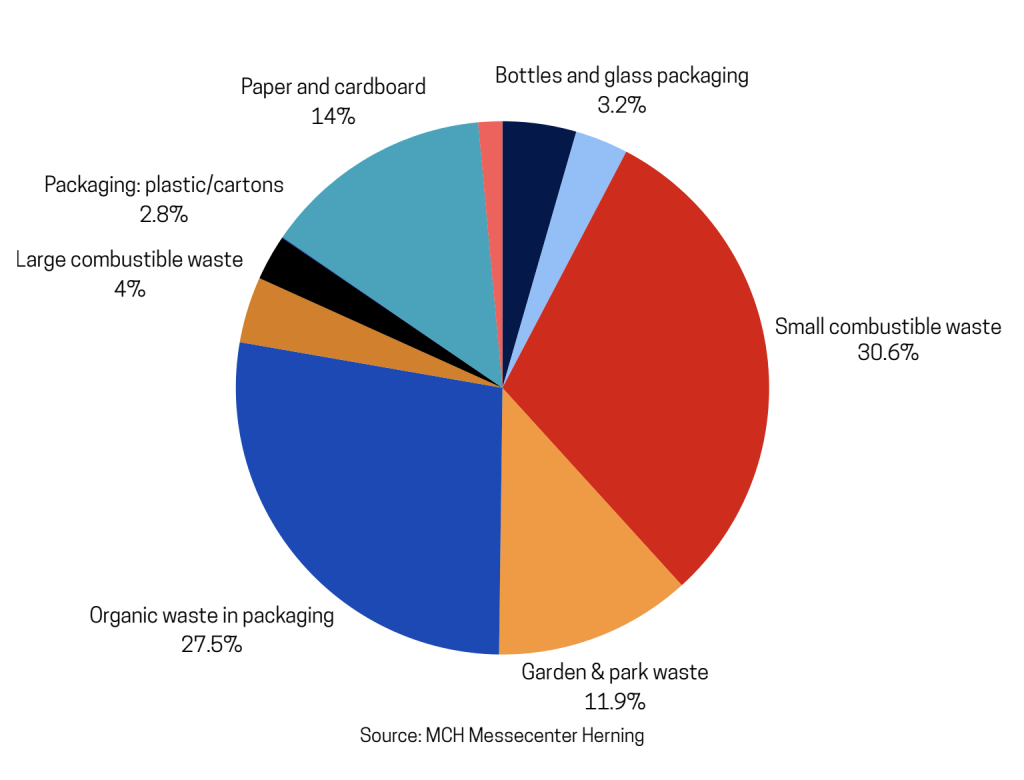
Social Sustainability: The Heart of the Mission
Where the 2025 championship truly broke new ground was in its deep-seated commitment to social inclusion.
“Broadly speaking, initiatives that engage new groups of citizens in a major event create exceptional value.” Urup stated.
In Denmark, the flagship “Grib Pucken” (Catch the Puck) initiative turned the event into a nationwide educational tool. This project provided free teaching materials to schools across the country and offered free tickets to games for students in grades 0-6. The impact was profound: over 5,000 students attended matches, including 817 pupils from special needs classes who travelled from all corners of the country.
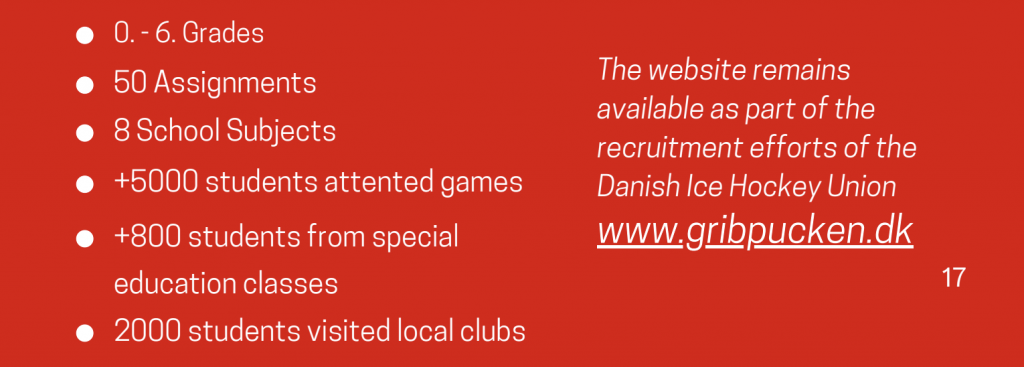
"Broadly speaking, initiatives that engage new groups of citizens in a major event create exceptional value."
Stockholm, meanwhile, used the championship as a “test arena” to explore and improve accessibility, especially for visitors with disabilities and individuals with neurodevelopmental conditions like ADHD or autism. This resulted in practical solutions such as “Calm Zones” in the Fan Zone, special, quieter entrance lanes, and audio-described commentary for visually impaired fans.
The spirit of inclusion also extended to the volunteer corps. Herning actively invited individuals with physical and mental disabilities to participate, creating individual frameworks with adjusted shifts and tailored tasks to support their contribution.
“Especially our initiative to invite citizens with social and psychological disabilities to volunteer… has already inspired several other events to launch similar efforts,” Urup shares. “I see that as a tremendous success.”
The collaboration was evident here, too: Stockholm was inspired by Herning’s success and adapted the “Grib Pucken” concept for its own school program, “Grip Pucken”.
"Especially our initiative to invite citizens with social and psychological disabilities to volunteer... has already inspired several other events to launch similar effort. I see that as a tremendous success."
Building a Legacy Beyond the Final Whistle
The organisers embraced an “experimental and learning-driven approach”, prioritising testing new ideas and, crucially, sharing the results.
Urup is candid about the challenges. “The one thing we would have strengthened was the collection of even more data to document the impact of our initiatives,” she admits.
This difficulty, however, has directly informed future policy. The IIHF has now initiated a standardized emissions reporting system and is working to introduce sustainability requirements and baselines for all future hosts, ensuring benchmarking will be fully embedded from 2026 onwards.
"The one thing we would have strengthened was the collection of even more data to document the impact of our initiatives"
This drive for a lasting legacy is where the event’s success is truly cemented. While the reports and initiatives touched on all pillars of a sustainable event. including positive economic impacts for local communities and driving grassroots participation through school programs, its unique legacy is the exceptional depth it applied to social inclusion and governance.
By testing new ideas, openly sharing insights, and inspiring governing bodies to adopt new standards, the 2025 IIHF World Championship has provided an actionable blueprint for how future events can create more meaningful and lasting community value beyond the final whistle.
Read moreSport Event Denmark
Join the GSS Alliance Partners programme today
Stay ahead of the game with our FREE weekly newsletter, delivering the latest sport and sustainability news from around the globe straight to your inbox
Join the GSS Network programme today
Register for GSS Workshops today
Join the GSS Education programme today



